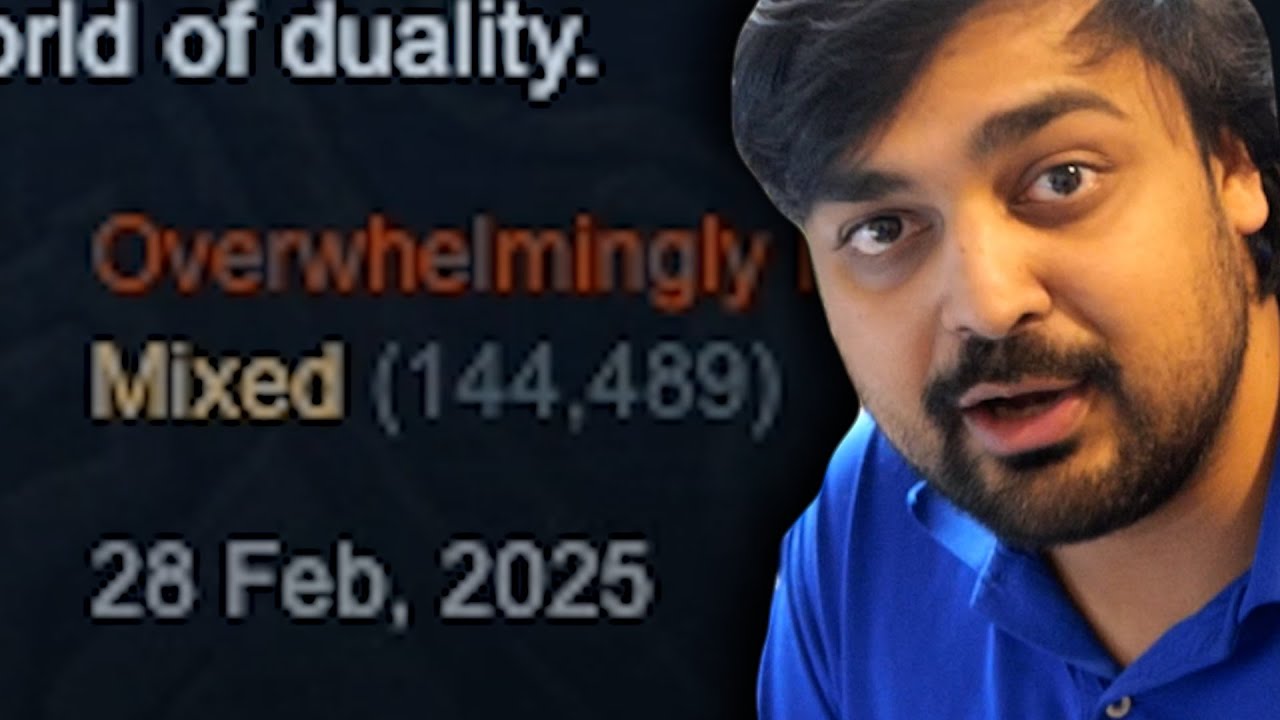The speaker criticizes Capcom for releasing broken, poorly optimized games like Monster Hunter Wilds on PC, highlighting how these titles suffer from performance issues and degraded graphics despite high system requirements. They also lament the industry’s decline in quality control and urge consumers to boycott such unpolished releases in favor of older, better-optimized games, emphasizing the importance of demanding higher standards from publishers.
The speaker begins by reminiscing about how old games like System Shock 2 still hold up today because they were made with care and innovation, contrasting them with modern games that tend to play it safe. They emphasize that older titles from an era when developers cared about quality and gameplay experience can still run well on today’s hardware, highlighting that games should be accessible and functional regardless of system specs.
They then criticize Capcom’s recent release, Monster Hunter Wilds, which has suffered a sharp decline in player base and overwhelmingly negative reviews shortly after launch. The core issue they point out is that the game was released in an unoptimized, broken state, especially on PC, where performance problems are rampant despite high system requirements. The game’s graphics and performance are heavily downgraded, running at subpar resolutions with artificial frame generation, resulting in a poor gaming experience that feels more like “welfare gaming” or “crackden gaming.”
The speaker criticizes the technical state of the game, particularly on PC, where even recommended specs struggle with smooth performance. They detail how the game requires relatively high-end hardware just to run at basic levels, and even then, with significant compromises such as upscaled resolution and software-based frame generation that add input lag and reduce responsiveness. They argue that many players are naive or eager to buy such broken releases, often ignoring signs of poor optimization and performance issues, which only further damages the reputation of these products.
Further, they draw parallels with other recent Capcom titles like Dragon’s Dogma 2 and Resident Evil, noting a pattern of poor PC performance across Capcom’s major IPs. Despite these franchises being some of their most beloved and profitable, the company continues to release unoptimized, broken versions of these games, showing a lack of investment or concern for core product quality. This, combined with the refusal to fix existing issues or deliver meaningful post-launch content, frustrates consumers and undermines trust.
In conclusion, the speaker laments how the industry has regressed in terms of game optimization and quality control, comparing the current state unfavorably to the early 2000s. They urge consumers to boycott broken titles like Monster Hunter Wilds and instead opt for older or better-optimized modern games, like System Shock 2 or its remake. Ultimately, they advocate for greater awareness and resistance from gamers against purchasing poorly developed, unoptimized, and actively broken games, criticizing the cynical practices of many big publishers today.
